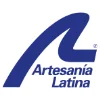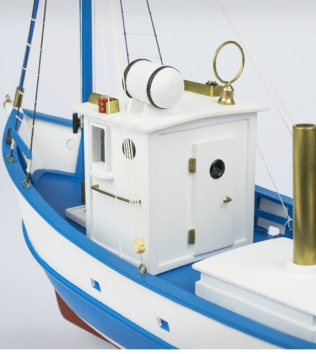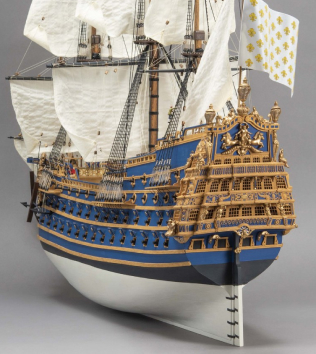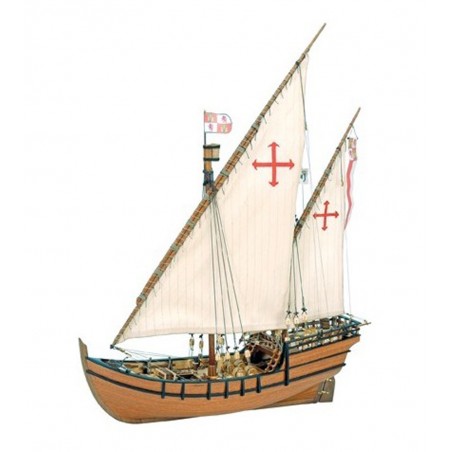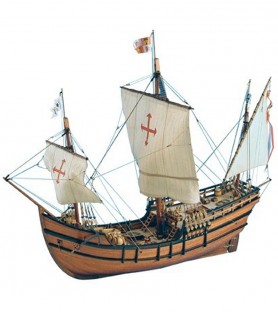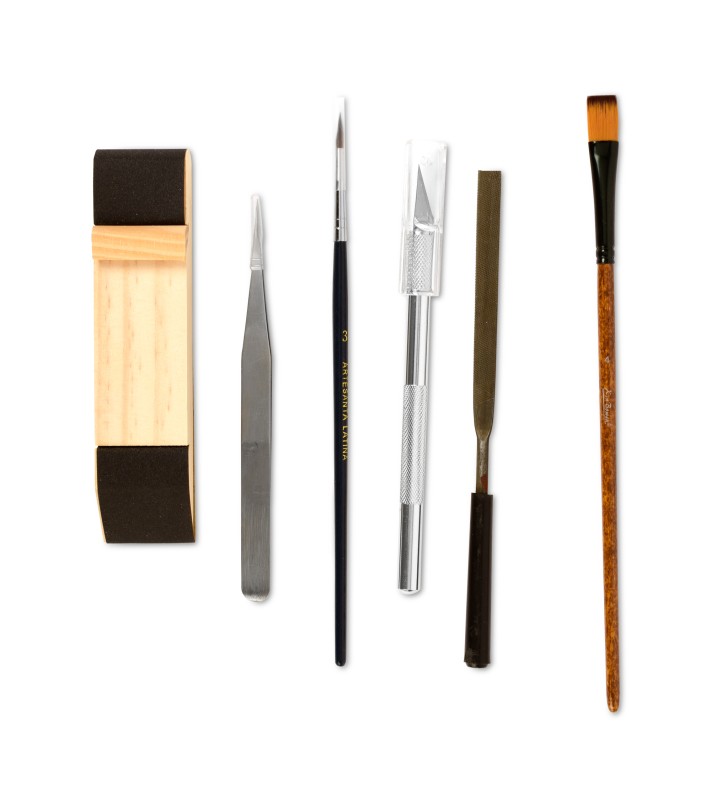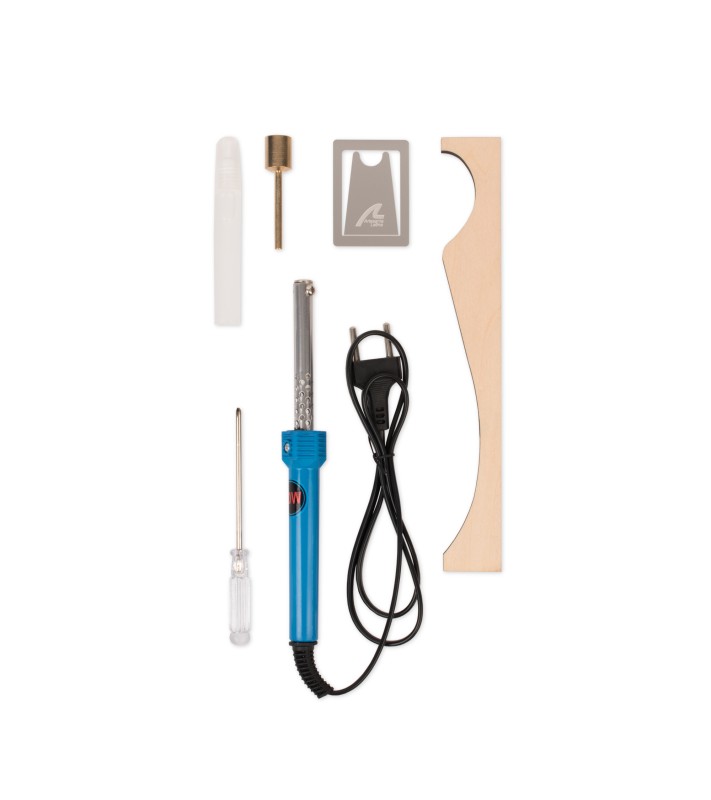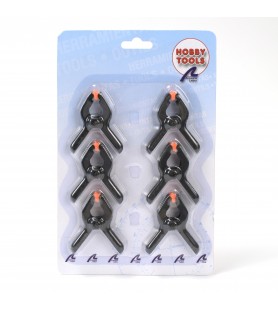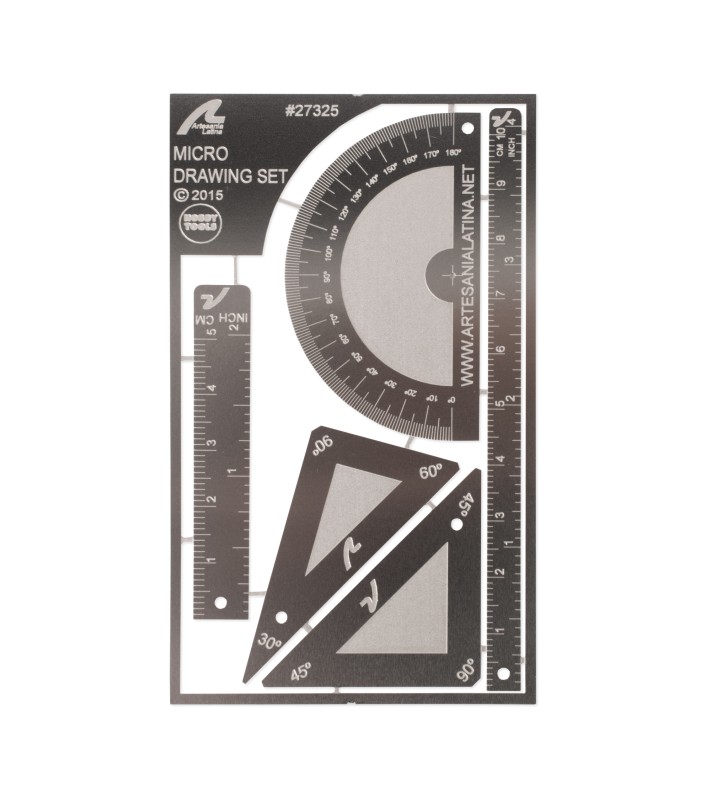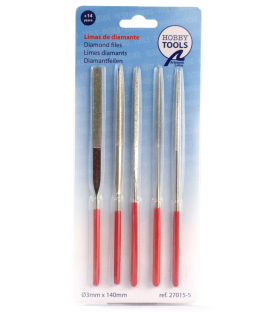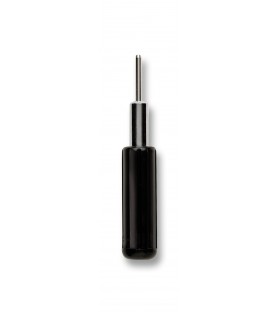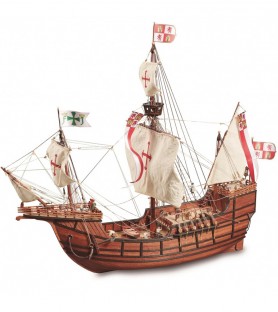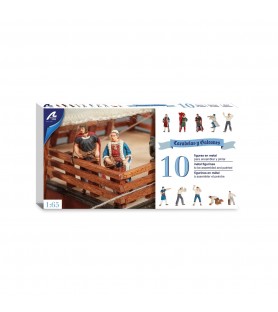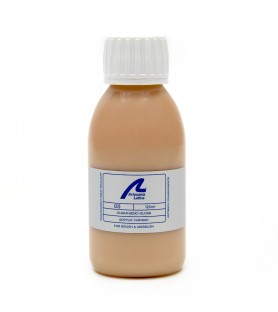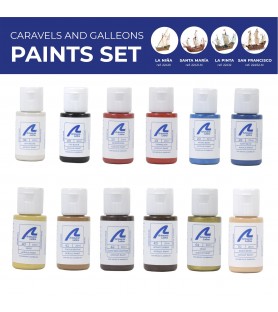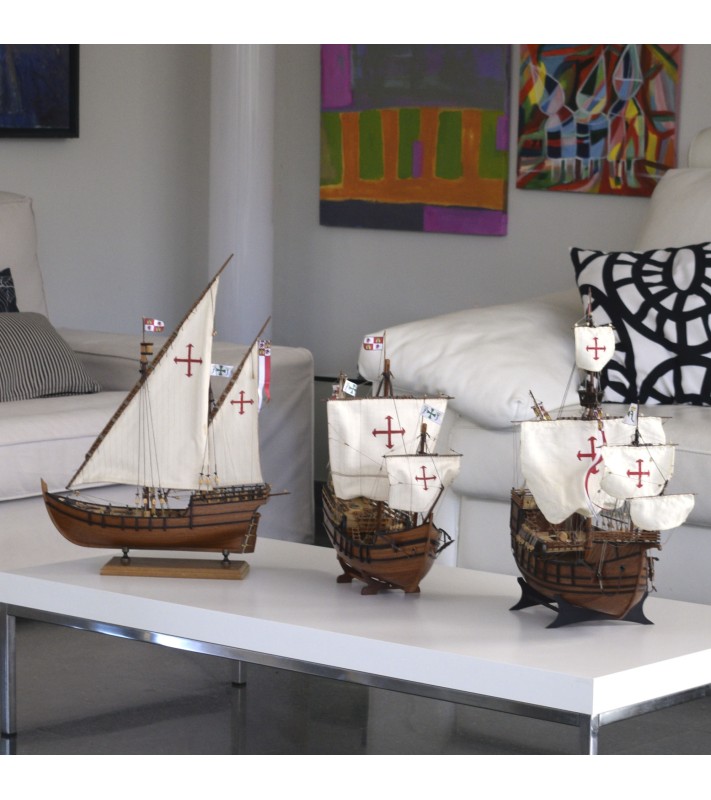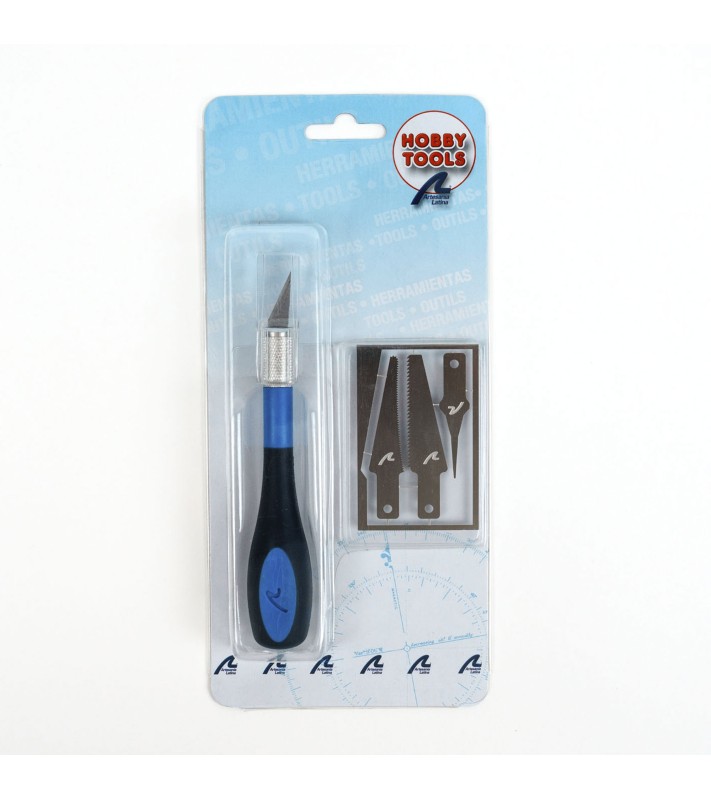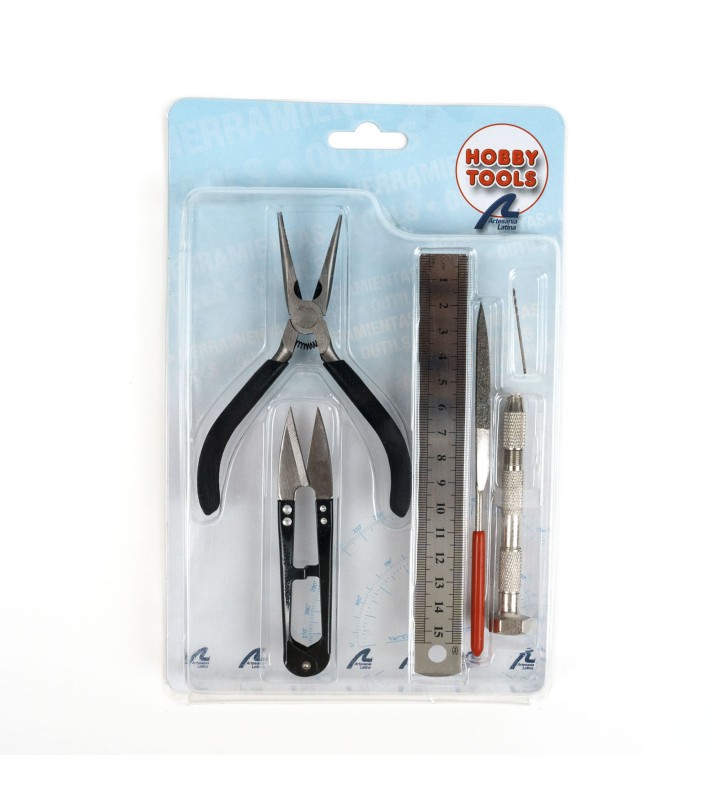
Caravel La Niña. 1:65 Wooden Model Ship Kit
22410
149.99 $
Prices shown are in USD
Shipping and customs fees are the responsibility of the customer and vary depending on the destination country
Rating:
(0)
Build the wooden model ship of Caravel La Niña from the 15th century. This fantastic 1:65 scale naval modelling kit is aimed at modellers with an intermediate level of skills. It has the highest quality parts.
CONTENTS OF LA NIÑA CARAVEL WOODEN MODEL SHIP KIT
Build your La Niña wooden model ship kit at 1:65 scale, Discovery of America's caravel. Its system of assembly by means of false keel and frames resembles its design to the one of the real ship. Once it is built, this caravel with which America was discovered measures 16.33'' (415mm) length, 4.37'' (111mm width) and 19.48'' (495mm) height.
The model box brings all the needed parts to build it: high precision laser-cut board parts, wooden parts and birch veneer, various brass parts, foundry and fabric as accessories, high quality photo-etched brass parts, as well as ready-to-fit hand-sewn sails. As a bonus, it includes the wooden base for its exhibition.
With full digital instructions: precise step-by-step images. Printed instructions are not available. Remember that you can download the digital instructions for free from this product sheet by clicking on the button called 'Instructions'. The kit box also includes a QR code that redirects you to the sheet by scanning it with your mobile phone.
Paint your model with the Paints Set for Caravels and Galleons Models, for sale separately. You can also buy the Set of 10 Metal Figures for Caravels and Galleons, ready to be assembled and painted.
THE SHIP THAT CHANGED HISTORY: CARAVEL LA NIÑA
Discover La Niña, a wooden model ship of one of the three Spanish caravels used by Christopher Columbus on the first voyage to the New World in 1492. Built in the shipyards of the Port of Moguer (Huelva, Andalusia) a few years before the travel, it had to be the flagship of the expedition after the stranding of the Santa Maria. Now it will delight the modelers.
The expedition departed from Puerto de Palos to the Canary Islands on August 3rd, 1492. On this scale, the Latin sailboat we represent on this model was transformed into square sails. After discovering the New World, La Niña would return with Christopher Columbus on board reaching Lisbon on March 4th and finally the port of Palos (Spain) on March 15th, 1493.
- Average assembly time
- 300 hours
- Assembly instructions
- Step-by-step instructions in PDF
